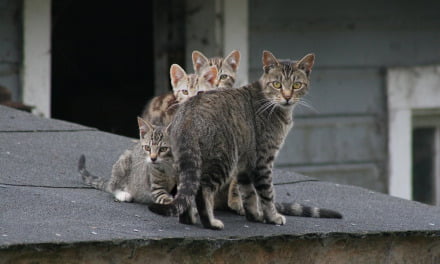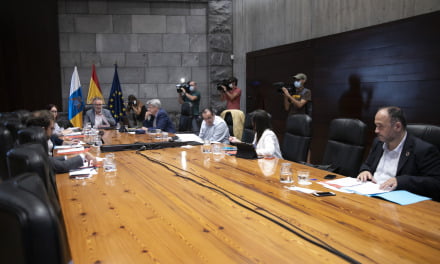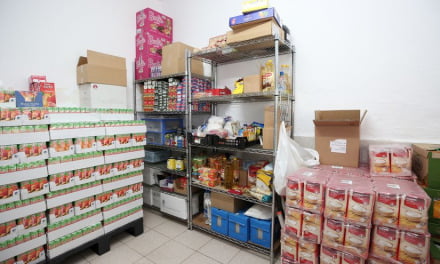A campaign has been launched to teach Knowledge and Awareness of Companion Animals (Sensibilización y Concienciación Animales de Compañía ) aimed specifically at children, designed to ensure they are not just spectators, but that they return to their homes with what they have learned and become active collaborators in animal welfare.
The campaign has been organized by the Town Council of Agüimes, in collaboration with the Official College of Veterinarians of Las Palmas, within the framework of the Comprehensive Program of Responsible Pet Ownership. The town hall say the objective is to lay ethical and civic foundations from early childhood, as well as to clarify and advise on some of the problems of coexistence with domesticated animals, which often lead from a lack of understanding, ignorance and incivilities, all of which can be eradicated.
It is important that these activities focus on this population sector, although children are not usually the direct owner of companion animals, they do coexist with them. If the ethical and civic foundation is well taught then they can feel positive towards animals from early childhood.
The first session took place last week at the CEIP María Muñoz Mayor school, in Las Rosas. The activity, led by veterinarian Raquel Betancor, consisted of a theoretical-practical workshop with a real dog, which deomnstrated the correct wats to approach an animal, how and what parts of the pet to touch, as well as education about basic care and requirements for safe handling and the animal’s welfare
Veterinarian Raquel Betancor guided the preparation of joint educational activities aimed at students in grades 3 and 4 of primary school, where other aspects were worked on such as:
How can we help animals? Raising awareness among children that animals are living beings and deserve respect and care. When should we decide if we are willing to have an animal at home? Minimum circumstances that must occur at the time of buying or adopting an animal.
How should you care for an animal companion?: hygiene, food, space, basic care, health, veterinary reviews … What do we have to do when a dog goes out for a walk?: helping the students understand which are the right places to walk a dog, and where we should not let dogs go to the toilet.
Why we should not simply feed animals that live on the street? including problems like hygine, smells, uncontrolled breeding, unwanted population increases etc.
What to do if an animal is abandoned, if someone mistreats an animal or if we find an animal injured or run over.
What to do when an allergy to a pet is detected? Information on how to reduce the impact of allergens on people.
Our experience, makes us think that children are potential allies to carry out a second part of the dissemination of the awareness campaign to the public really wanted: people who own pets, family, friends, neighbors and colleagues .
.Source: – La Provincia











